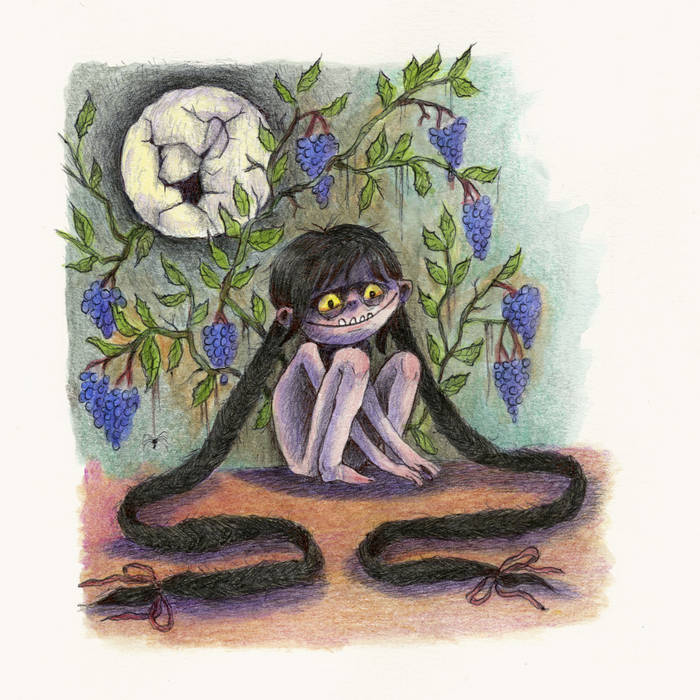While on stage accepting the Best Pop Vocal Album award at the 2024 Grammy Awards, Taylor Swift announced the release of her next album, “The Tortured Poets Department.” She was about to win Album of the Year for the fourth time, in the middle of her record-breaking “Eras Tour,” dating a football player who was famous before he ever met her, and her last album “Midnights” had been a record-breaking success. Under such a bright spotlight, how do you move up? How do you even move forward?
Swift’s response to this outsized level of fame was “The Tortured Poets Department.” The standard album had 16 songs, and two hours after its release, Swift announced she had “written so much tortured poetry in the past 2 years” that she was releasing 15 extra “Anthology” songs that brought the album’s runtime from one hour to two. This was a lot to comprehend. The 31 songs of verbose and layered lyrics were filled with evocative metaphors, references to famous figures, and specific details denoting people and places in Swift’s life. “The Tortured Poets Department” demands more than one listen for every word to sink in. Swift is famous enough for people to tune in at least once, but those willing to stay are the ones who will find more meaning in her art.
Sonically, this is not her most transgressive album. Longtime collaborators Jack Antonoff and Aaron Dessner leave traces of “Midnights” and “folklore” on every song they touch. The standard tracks on “The Tortured Poets Department” are a cohesive collection of synth-pop songs with an occasional element of folk or rock. The additional “Anthology” tracks have a more scattered and experimental sound; some songs are reminiscent of a 90’s romantic comedy (“So High School”) and others play a simple piano track over musings of childhood imagination (“Robin”).
This toned-down production is purposeful, however, because it makes the lyrics impossible to ignore. “The Tortured Poets Department” is Swift’s most personal album yet, thoroughly describing her self-immolating anger and depression as a result of unimaginable fame and a slew of public, toxic relationships. Songs like “So Long, London” and “loml” explain the grief of losing the future you once thought was fated. When lovers leave, they can take with them something as simple as an embrace or as weighty as wedding bells. The end of every relationship hurts. A few months can have the same impact as six years when the aftermath is the same: mass destruction on a public scale and being picked apart by people begging her for a quote about her pain.
In contrast, Swift also finds comedy in this darkness; certain lines contain implicit dry humor. Some might take these jokes seriously, but even the album’s song titles are witty and self-deprecating. “But Daddy I Love Him” is a parallel of “Love Story,” this time with a misguided protagonist and a doomed ending. Swift stars as the lovestruck girl as she runs and declares to her father, “I’m having his baby — no I’m not, but you should see your faces.” This line pokes fun at characters within the song, as well as listeners in the real world who take everything she writes as truth. Swift has always been funny in an understated way, but this album leans further than ever before into bitter situational humor at the expense of her own injuries.
From song to song, Swift describes herself as an entertainer, a prisoner, a mental asylum patient, and a doll that people project their own lives on; these themes thread back to “Midnights,” where she was the “anti-hero” and “the monster on the hill.” The most brutal songs in “The Tortured Poets Department” are not about Swift’s relationships but instead describe her deteriorating mental state under the pressure of fame. “I Can Do It With a Broken Heart” is a song about having to show up to the “Eras Tour” every night with energy and a smile, even when she felt broken. In this song she sings, “All the pieces of me shattered as the crowd was chanting, ‘more.’” She has always expressed love for her fans, but she even feels pressure from them to be perfect.
Throughout “The Tortured Poets Department,” Swift has the space to be vulnerable, naïve, weathered, heartbroken, furious, and consigned to suffering. In the album’s epilogue, Swift says, “All’s fair in love and poetry,” but “The Tortured Poets Department” is not a break-up album set on revenge against a former lover. It is a complex, unfiltered poem about hating someone so much you wish they were dead.
“In summation, it was not a love affair! … It was a mutual manic phase,” the epilogue reads. This is the crux of the album: feelings of betrayal are stronger than memories of love. When you try to pick up the pieces in the aftermath, you will find that the mania, depression, and self-loathing are the only things that are completely yours. In the end, that is the torture.









Pokerogue • Apr 27, 2024 at 1:57 am
Swift’s album “The Tortured Poets Department” delves deep into personal struggles with fame and relationships, delivering layered lyrics that demand multiple listens to fully grasp.